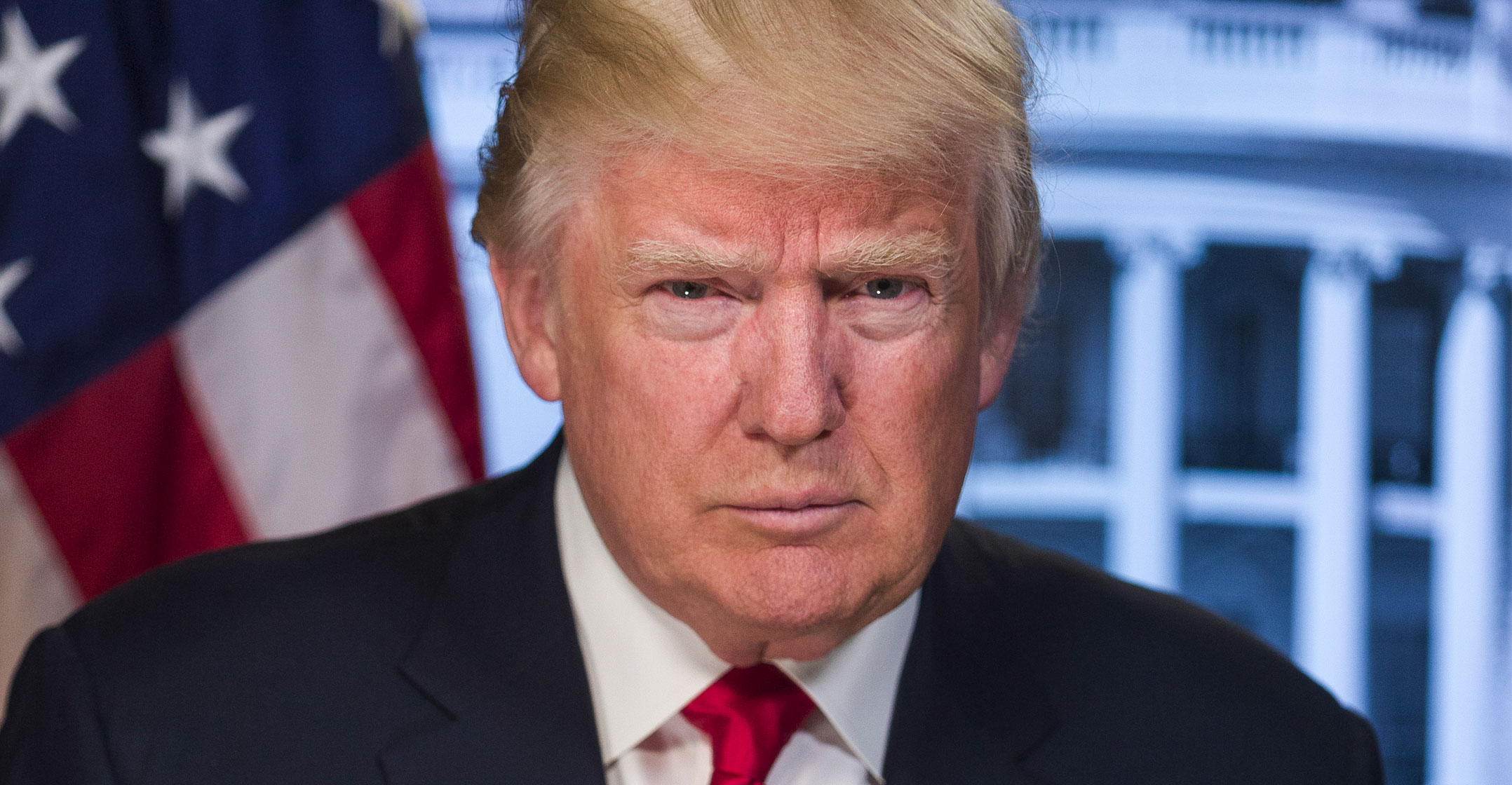
For Intel CEO Brian Krzanich, the last straw was US President Donald Trump’s attack on Merck & Co CEO Ken Frazier.
Krzanich has paid a price internally for maintaining a relationship with the Trump administration. He planned, then cancelled, a meeting at his home last July for then-candidate Trump. Earlier this year, he went to the White House to announce the completion of a factory and new jobs.
The signs of support for Trump sparked criticism inside Intel aimed at its leader, according to people familiar with internal postings.
In response, Krzanich was forced to explain that as the head of a manufacturing company, he needs to stay connected to those who set tax policy. Intel’s manufacturing is done mainly in the US. The availability of tax breaks is one of the key influences on whether the multibillion-dollar plants are economically viable.
By Monday, the chip maker’s leader had seen enough. Like many others, Krzanich tweeted his frustration with the lack of forceful condemnation by political leaders of the white supremacy-related deadly violence in Charlottesville, Virginia. Then, late in the evening, he posted his resignation from the White House business panel on manufacturing.
“I resigned because I want to make progress, while many in Washington seem more concerned with attacking anyone who disagrees with them,” Krzanich wrote. “My request — my plea — to everyone involved in our political system is this: set scoring political points aside and focus on what is best for the nation as a whole.”
Krzanich’s decision came after Trump took to Twitter to harshly criticise Frazier and Merck for high drug prices and sending jobs overseas. Earlier, Frazier had stepped down from the White House panel as a “matter of personal conscience”.
Doubts
Krzanich’s withdrawal from the council was also related to his doubts about the effectiveness of the body itself, according to a person familiar with his thinking.
Also contributing to Krzanich’s thinking: Intel on Tuesday published its latest report on efforts to hire a more diverse workforce — a plan that BK, as he’s known inside the company, has staked his reputation on, vowing to spend US$300m on activities including the sponsorship of minority and women-run start-ups.
Intel, the world’s largest chip maker, was one of the first Silicon Valley companies to go public with a breakdown of the demographics of its workforce and Krzanich has set goals to bring the under-representation of minorities at least in line with the general employee pool in the US. The CEO, who has two daughters, has tied executive pay to progress on diversity and as well as creating the funds to invest in start-ups run by women and minorities.
Intel is making progress in achieving its diversity goal, the company said in a mid-year update released on Tuesday. Women now make up 26% of its US employee workforce and minorities are about 13%, the company reported. Intel said it needs to hire 801 women and under-represented minorities for its 50 000-strong US workforce to match market availability, compared with a 2 300-employee diversity gap before the programme started in December 2014.
Intel uses market availability as its standard to track diversity and inclusion at the company. Market availability measures how many skilled people exist in the external US labour market as well as Intel’s own internal market, according to the company.
The biggest remaining gap is in representation of African Americans, which “is flat across all grades”, the company said. The shortfall in that category accounts for the majority of Intel’s overall deficit, according to the report. White males and Asian males fill 90% of Intel’s mid- to- senior technical grades.

Intel’s CEO lauded the progress, but put more pressure on his employees. Intel is now aiming to match the diversity of its US workforce to the population as a whole by 2018, two years earlier than its original 2020 target.
“Technology companies have talked about diversity for years, but the data show that progress has been slow,” Krzanich said in his introduction to the report. “We have made progress, as you’ll see in the numbers. But this is critical work, and we must accelerate it, especially in the areas where we haven’t come as far as we would like.”
In the US, Intel has facilities in California, Arizona, Oregon and New Mexico, which gives it a more politically diverse workforce than other Silicon Valley companies.
Krzanich won a small victory last year for Intel’s diversity effort, keeping hold of one of the highest-profile black female executive in the technology industry. Aicha Evans, who now reports to him as the company’s head of strategy, was persuaded to stay at the company after planning to resign while head of the mobile phone chip unit. — Reported by Ian King, (c) 2017 Bloomberg LP




